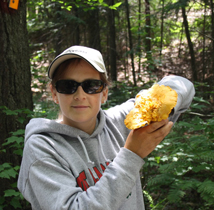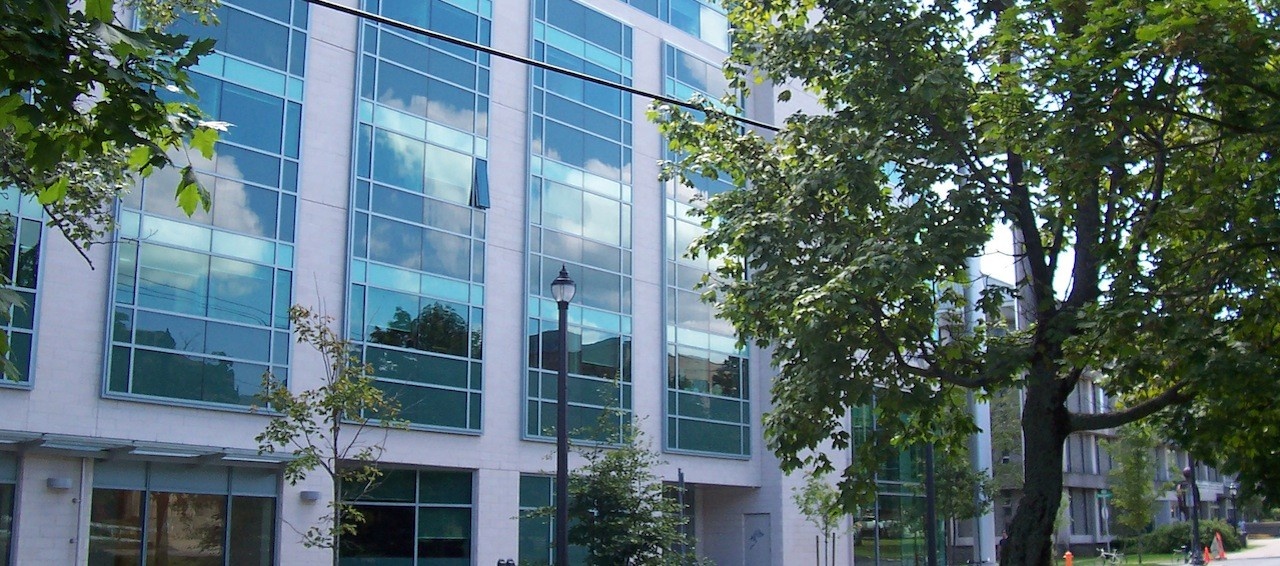Katie Paroschy
 |
ÌýSRES program:MREM Educational background:Honours degree in environmental science from Ìý |
Work history:
Ontario Ministry of Environment and ClimateÌýChange internship (via SRES) - Aquatic Monitoring Technician
Ontario Ministry of Environment and ClimateÌýChange/ District Municipality of Muskoka -
Total Phosphorous Laboratory Technician
Ontario Ministry of Natural Resources and Forestry -ÌýSpecies at Risk Intern (Policy Division)
Ontario Ministry of Natural Resources and Forestry -ÌýBear Technician (Regional Operations Division)Ìý
Current position:
Bear Technician for the Ontario Ministry of Natural Resources and Forestry
Ìý Ìý Ìý Ìý Ìý Ìý Ìý Ìý Ìý Ìý Ìý Ìý Ìý Ìý Ìý Ìý Ìý Ìý Ìý Ìý Ìý Ìý Ìý Ìý Ìý Ìý Ìý Ìý Ìý Ìý Ìý Ìý Ìý Ìý Ìý Ìý Ìý Ìý Ìý Ìý Ìý Ìý Ìý Ìý Ìý Ìý Ìý Ìý Ìý Ìý Ìý Ìý Ìý Ìý Ìý Ìý Ìý Ìý Ìý Ìý Ìý Ìý Ìý Ìý Ìý Ìý Ìý Ìý Ìý Ìý Ìý Ìý Ìý Ìý Ìý Ìý Ìý Ìý Ìý Ìý Ìý Ìý Ìý Ìý Ìý
Q: Tell us a bit about your current job/PhD work.
I have just started this position. I work with the public to assist with human-black bear conflicts. The bulk of the work focuses on education and preventions. I find it interesting and rewarding.Ìý
Ìý
Q: How did your time at SRES lead to your current position?
I think that my time in SRES helped more with my previous position as a Species at Risk Policy Intern. During my time in SRES I did a lot of work integrating science and policy, and this is a skill many employers find attractive.
Ìý
Q: What part of your job are you the most passionate about?
Working with the public and educating them about environmental/wildlife/natural resource issues.
Ìý
Q: How has SRES helped you make a difference in your community?
SRES assisted with boosting my confidence in my ability to communicate via writing and presentations. Since my time at SRES I have been able to volunteer in a number of areas within my local community, in addition to continue to work and volunteer with some of the organizations I connected with during my Master's.
Ìý
Q: What has really stuck with you from your time at SRES?
The people and some of the projects we produced together. I remain friends with many of my classmates and often refer to and think back to some of the great work we did.
Ìý
Q: How did you end up where you are today?
Much of my situation today relates to being in the right place at the right time, as well as working hard and remaining positive.
Ìý
Q: What are some of your favourite career experiences so far?
- Assisting in the development of species at risk policy documents
- Running analysis for total phosphorous samples collected across Ontario and seeing how those results have been used to implement policy and increase the public's understanding of freshwater issues
- Working with inspirational, hard-working people
Q: What has SRES meant to your career?Ìý
I think it has been very helpful in securing positions, and given me many skills, including the ability to research, effectively communicate and work in a team environment
Ìý
Q: What did you enjoy about the SRES and or Halifax community?
I enjoyed many things; my classmates were wonderful, as were the professors. I really enjoyed living in Halifax and have already returned to visit and will again in the future.Ìý
